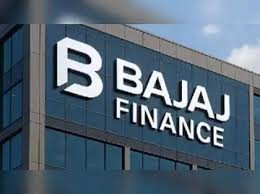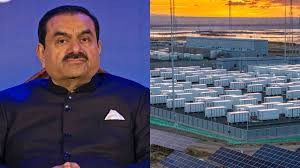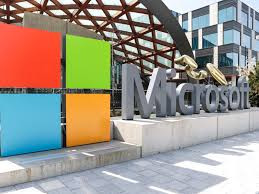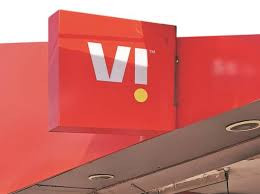Mumbai-Ahmedabad Bullet Train Set to Revolutionize Travel by 2028, Confirms Maharashtra CM Devendra Fadnavis
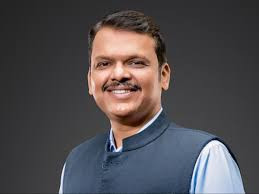
IIE DIGITAL DESK : India's transportation infrastructure, Maharashtra Chief Minister Devendra Fadnavis announced that the much-anticipated Mumbai-Ahmedabad bullet train project is slated to become operational by 2028. This high-speed rail corridor, India's first of its kind, aims to drastically reduce travel time between the two major cities, marking a new era in the country's rail travel.
The Mumbai-Ahmedabad bullet train project, a collaboration between India and Japan, is estimated to cost approximately USD 15 billion. The venture is being executed by the National High-Speed Rail Corporation Limited (NHSRCL) and will utilize Japan's renowned Shinkansen technology, ensuring state-of-the-art safety and efficiency standards.
Spanning a distance of 508 kilometers, the high-speed rail corridor will feature 12 stations, including major stops at Mumbai, Thane, Surat, Vadodara, and Ahmedabad. One of the project's most ambitious engineering feats is a 21-kilometer tunnel, with a 7-kilometer stretch running under the sea, connecting Mumbai's Bandra-Kurla Complex to Thane. This tunnel is designed to preserve the region's ecological balance while facilitating high-speed travel.
The bullet train is expected to operate at a top speed of 320 km/h, reducing the travel time between Mumbai and Ahmedabad to approximately three hours, a significant improvement from the current seven-hour journey by conventional trains. This reduction in travel time is anticipated to boost business and tourism between the two cities, fostering economic growth in the region.
Construction progress has been notable, particularly in Gujarat, where the project has advanced more rapidly. Excavation for the Mumbai bullet train station is reportedly around 75% complete, with significant concrete pouring already accomplished. Additionally, the installation of overhead equipment masts has commenced between Surat and Bilimora stations, covering approximately 2 kilometers of viaduct.
However, the project has faced delays, particularly in Maharashtra. CM Fadnavis attributed these setbacks to the previous Maha Vikas Aghadi (MVA) government's tenure, during which the project was reportedly stalled. He emphasized that the current administration is committed to expediting the project's completion, ensuring that the 2028 operational deadline is met.
The bullet train project is part of a broader initiative by the Maharashtra government to attract substantial international investment for infrastructure development. CM Fadnavis revealed plans to raise USD 50 billion from global financiers to accelerate various infrastructure projects, including the development of the Vadhavan port, which is expected to feature an adjoining airport and a bullet train halt. (Mumbai-Ahmedabad bullet train to be operational by 2028, says Maharashtra CM Devendra Fadnavis, Bullet train to be operational by 2028:
The introduction of the bullet train is expected to have a transformative impact on India's transportation landscape. By providing a fast, efficient, and environmentally friendly mode of travel, the project aligns with the country's goals of sustainable development and modernization of its rail network. Furthermore, the collaboration with Japan is anticipated to facilitate technology transfer and skill development, contributing to the 'Make in India' initiative.
As the project progresses, the focus remains on overcoming challenges and ensuring timely completion. The successful implementation of the Mumbai-Ahmedabad bullet train will not only enhance connectivity between two major economic hubs but also set a precedent for future high-speed rail projects across the country.
The Mumbai-Ahmedabad bullet train project represents a significant leap forward in India's transportation infrastructure. With the commitment of the Maharashtra government and the support of international partners, the vision of high-speed rail travel in India is on the cusp of becoming a reality by 2028.
You might also like!


